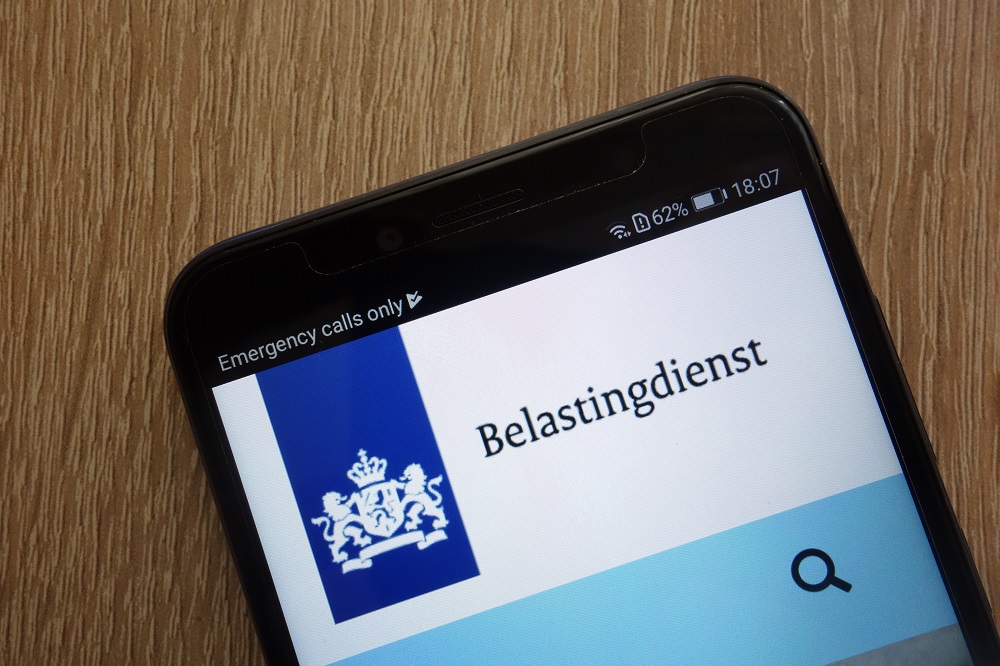Job opportunities in the Netherlands are abundant. But, as with every country around the globe, there are some cultural norms that you have to take into account, in order for your job search to be successful. Navigating the nuances might seem complicated at first. Becoming aware of cultural differences can help you better understand the job hunting process in the Netherlands.
Starting Your Job Search
When it comes to applying for a job in the Netherlands, there is no such thing as an ‘ideal time’. There is lucky ‘good timing’, of course, but the sooner you begin your job search the better! Don’t wait until you find accommodation, until your previous contract expires, or until after you receive your university diploma. Start preparing for your application early on, so you have everything ready before your job hunt begins, and in case an opportunity comes up. Also, spread the word about your upcoming job search as soon as possible. Looking for a job should be an active process. Stay ahead of the game and avoid the risk of missing out on a great opportunity in NL.
Searching for Job Vacancies
The process of looking for job vacancies varies from country to country. In some areas of the world, it is common practice to turn to family and friends, who could connect you to a prospective employer or even assign you a specific job. While networking and personal contacts are important in the Netherlands, a job search is predominately an individual responsibility.
Have a Strategy
Searching for job vacancies in the Netherlands might seem easy, but it can turn out to be more complicated than anticipated, especially for non-Dutch speakers. For instance, you may be attracted by the job specifications written in English, but find out that mastering the Dutch language is one of the requirements. Having a ‘job-search strategy’ can really increase your chances of finding work. Start off by defining your criteria and standards. These could be relates to: location, sector, title, skill set & interests, future goals, values, flexibility, commuting times, etc. Next, start making lists of companies and organisations that you find interesting, and that also hire internationals. Moreover, take notice of every job portal, jobsite and association website that matches your criteria, and has opportunities for internationals. Sign up for their job alerts. Finally, contact a Dutch recruitment agency (uitzendbureau) that specialises in your targeted field of work, and also works with international job seekers.
 Tip
Tip
Go the extra mile: Find opportunities that fit your interests and motivations in ways beyond an application. A friendly LinkedIn message, a call to ask some questions or simply express your motivation, a sales pitch during a networking event or a job fair, a speculative application, etc. All these will all be appreciated by a Dutch employer, if done in a polite and subtle manner.
Building and Using Your Network
Networking is an integral part of this country’s business culture. Networking during your job search in the Netherlands is not just going to events and job fairs to meet prospective employers and make small talk. It is more about leveraging who you know and spreading the word about your ongoing job hunt. Talk to people you already know, e-mail and reconnect with people who are willing to help, connect with the right people on LinkedIn, share your career goals, passions and even… your resume too! Why not? A good reference, and show of genuine motivation, could be a hundred times more effective in the Netherlands than an impeccable CV or cover letter.
The Application
While it’s important to ‘sell’ yourself to an employer, your CV should represent you in a neutral way, as Dutch employers value modesty. Having international experience plays a big role in selecting candidates, as it is a good indication of soft skills and cross-cultural competence. Moreover, don’t underestimate your activities outside work and studying, as they are very important for Dutch employers. Make sure you elaborate on your volunteer work experience, side jobs and civic responsibilities.
The style of the Dutch application letter is short, direct and professional. Keep in mind, when writing your application letter, that a candidate’s motivation is one of the main selection criteria.
The Interview
When invited for a job interview in the Netherlands, educate yourself thoroughly in advance. This goes as much for the company’s culture, as it does for the country’s culture. Researching the company’s values, mission and goals as well as the people you will be working with, is a step that you should definitely not overlook. This will help you align your answers to their expectations, adjust your behaviour, and show them that you are a perfect fit for their team.
Aside from questions about your motivation, education and the company, prepare yourself for questions about your character, strengths and weaknesses, extra-curricular activities, as well as questions on membership of societies and organisations. Dutch recruiters attach great importance to leisure activities and civic responsibilities. Be prepared! At the end of the interview it is common for you to ask some questions yourself. Give some thought to this in advance.
Some examples of general questions in job interviews in the Netherlands are:
- What are your major strengths and weaknesses?
- What do you like about our company?
- Have you ever joined a student association? Have you joined any commissions?
- Did you have any civic responsibilities?
- What is your current family situation and how do you foresee this in the future?
- What are your hobbies?
- Where do you see yourself in 5-10 years?
Body Language
Body language is one of the first things that a Dutch hiring manager will note during an interview. Sudden movements and stiff posture will make your interviewer(s) tense as well, while crossed arms and a laid-back posture make you look arrogant. Make sure to sit up straight and not in a ‘closed’ position.
The Follow-Up
In some countries, following up after an interview can come across as intrusive or rude. However, in the Netherlands following up after interviews via a thank you e-mail and a call to find out about the status of your application is considered appropriate and shows your genuine interest in the position.
 Useful links
Useful links
Plan your Global Future:
Expertise in Labour Mobility: www.labourmobility.com
Job Hunting Websites:
- www.glassdoor.nl
- www.careerjet.nl
- www.intermediair.nl (in Dutch)
- www.indeed.com
- www.iamexpat.nl/career/jobs-netherlands
- www.jobbird.com
- www.linkedin.com
- www.monsterboard.nl (in Dutch)
- www.nationalevacaturebank.nl (in Dutch)
- www.panda-int.com
- www.randstad.nl
- www.togetherabroad.nl (in English)
- www.toplanguagejobs.com
- https://vacatures.fd.nl (in Dutch)

The Holland Handbook 2024
It is that time of year again; the new and annually-updated version of The ...

Dutch Taxes
Taxes are always complicated. If you have moved to the Netherlands from another country they ...

The UnDutchables 9.0
Following the legendary previous eight editions of The UnDutchables, the 9th edition of this all ...

Making the most of your Dutch home
Whether you are renting, staying in a long-term AirBNB or have just bought a ...

Gift giving in the Netherlands-all ...
If you feel like skipping your birthday, you may be in for a challenge when ...

10 things you will find in every Du ...
The Dutch are very fond of houseplants, the more the merrier! You will find the ...

Obtaining a Mortgage as an Expat in ...
Obtaining a mortgage as an expat in the Netherlands can be a complex process, as ...

Help me move to the Netherlands!
Obviously, the decision to move to the Netherlands is not one to be taken lightly ...

The Impact of Technology on Educati ...
Education is unending and pivotal in society. Technology is one of the most dynamic entities ...

Five Renovation Tips to Increase yo ...
Learn how much home renovations cost – and which repairs increase the home value, and which ...